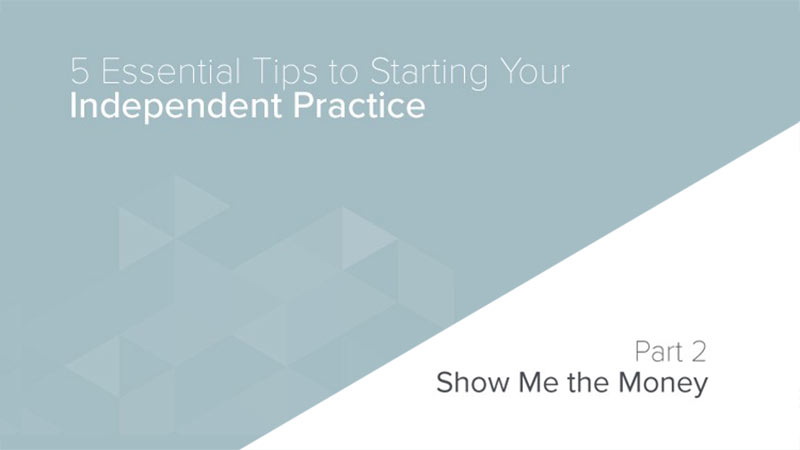
You’ve done it! You’ve completed medical school and are now ready to set up shop and practice what you’ve learned. However, now you’re faced with a decision: Should you become an entrepreneur and start your own independent practice or become employed at a hospital? The decision is much easier than you think.
Starting and running an independent medical practice is more viable than it has ever been before, especially when you’re equipped with state-of-the-art technology. It’s much more attractive than working for a hospital, where physicians find themselves tied to quotas and financial metrics that compromise patient care and their lifestyles.
When you start your own practice, you decide you want more autonomy to make decisions that enable you to spend more time with your patients, which equates to better patient care. You want to set your own schedule and quotas, without someone telling you what you should or should not do. Join the thousands of doctors who are establishing independent medical practices; it will be one of your most rewarding professional experiences. Below are some of the most common mistakes physicians make when establishing a private practice. It’s great to be an independent practice if you do it right.
Tip #2: Show Me the Money
After starting the credentialing process, the next most important step is to find a lender. There aren’t many individuals, including physicians, who can start a new business without the proper financial support. Undercapitalization is a significant cause of small business failure. “Although undercapitalization can affect any business, it is particularly common and problematic for small businesses. In fact, undercapitalization is one of the warning signs of major financial trouble for small businesses, as well as a significant cause of small business failure. There are a number of factors that determine how much capitalization any small business needs. Businesses that offer a service usually require fewer funds than those that manufacture a product. Similarly, businesses in which the owners perform most of the work tend to need less up-front capital than businesses with employees. A company’s initial capitalization also depends on the entrepreneur’s ability to invest personal funds and institute a sound business plan.”2
In order to avoid future problems with undercapitalization, entrepreneur physicians should perform a realistic assessment of their expenses and financial needs. According to Inc. Magazine, “Some of the major expenses facing a new business include facility rental; salaries and wages; equipment and tools; supplies, utilities; insurance; advertising; and business licenses. Based upon this information, the entrepreneur should prepare a cash flow projection on a monthly basis for the first year. The difference between the funds the entrepreneur is able to contribute, the amount of income the business is expected to generate, and expenses the business is projected to incur provides a rough estimate of the business’s financial needs. Ideally, an entrepreneur will secure the necessary equity from various sources to make up the difference and provide the business with sufficient capitalization.”2
So, let’s assume you’ll find a lender. It’s important to get to know them and develop a good working relationship. Establish and work toward common goals. Not enough money can cause your practice to fail, but too much money can also put you in the danger zone. Creating a financial Proforma3 is important to not only quantify your numbers, but to also make initial decisions on how you’ll run your practice. It will determine which services you can offer, how much space you’ll need and where, which payer mix you’ll have, how much your electronic health record (EHR) and practice management will cost, and how much to spend on marketing, etc.
Prior to visiting with a lender, calculate your revenue expectations and then list all of your expenses. Divide the expenses into what you’ll need before you open your practice. Make sure operating expenses for the first year include equipment and any professional services fees, such as a lawyer, accountant, insurance, medical business advisor, etc. Project the worst and best case scenarios. Additionally, you’ll need to put your last two years of tax statements together and complete a personal financial statement. Be prepared with this information prior to visiting with a lender.
Contact AdvancedMD today to start your ideal medical practice or call (800) 825-0224.
If you’re graduating soon from medical school or planning to leave a larger medical practice or hospital, to practice independently for the first time, here’s the first of five eBooks to help you quickly become up to speed on running a successful practice:
Free eBook: Medical Practice Optimization
2. Undercapitalization, Inc. Magazine. September 2015.
3. Investopia, Complete Guide to Corporate Finance. Chapter 4.2.4/Capital Investment Decisions.

